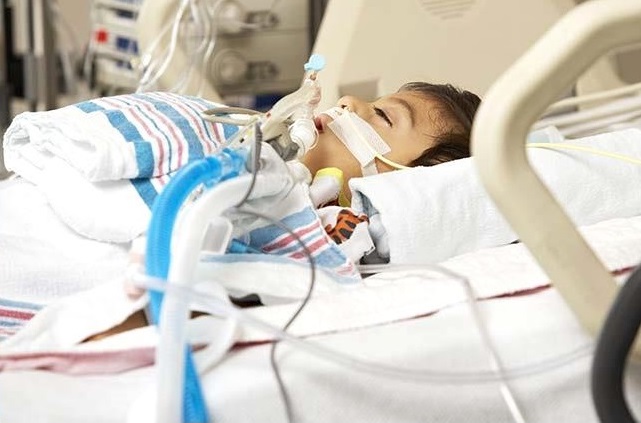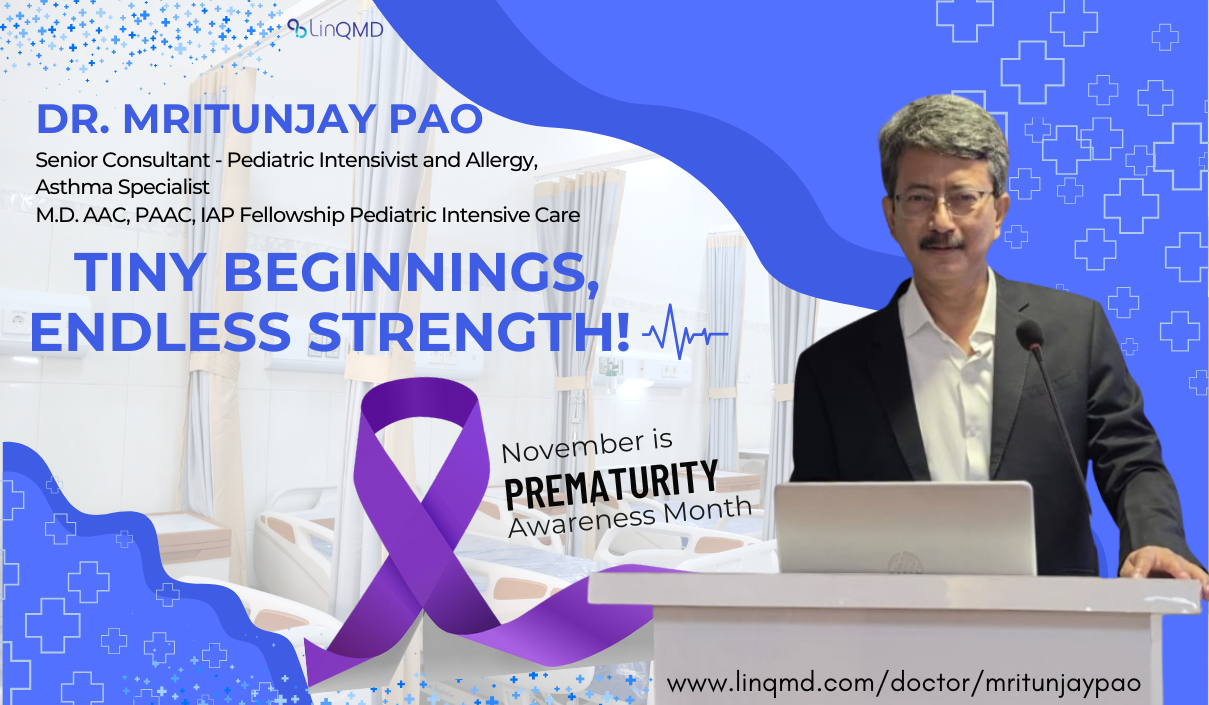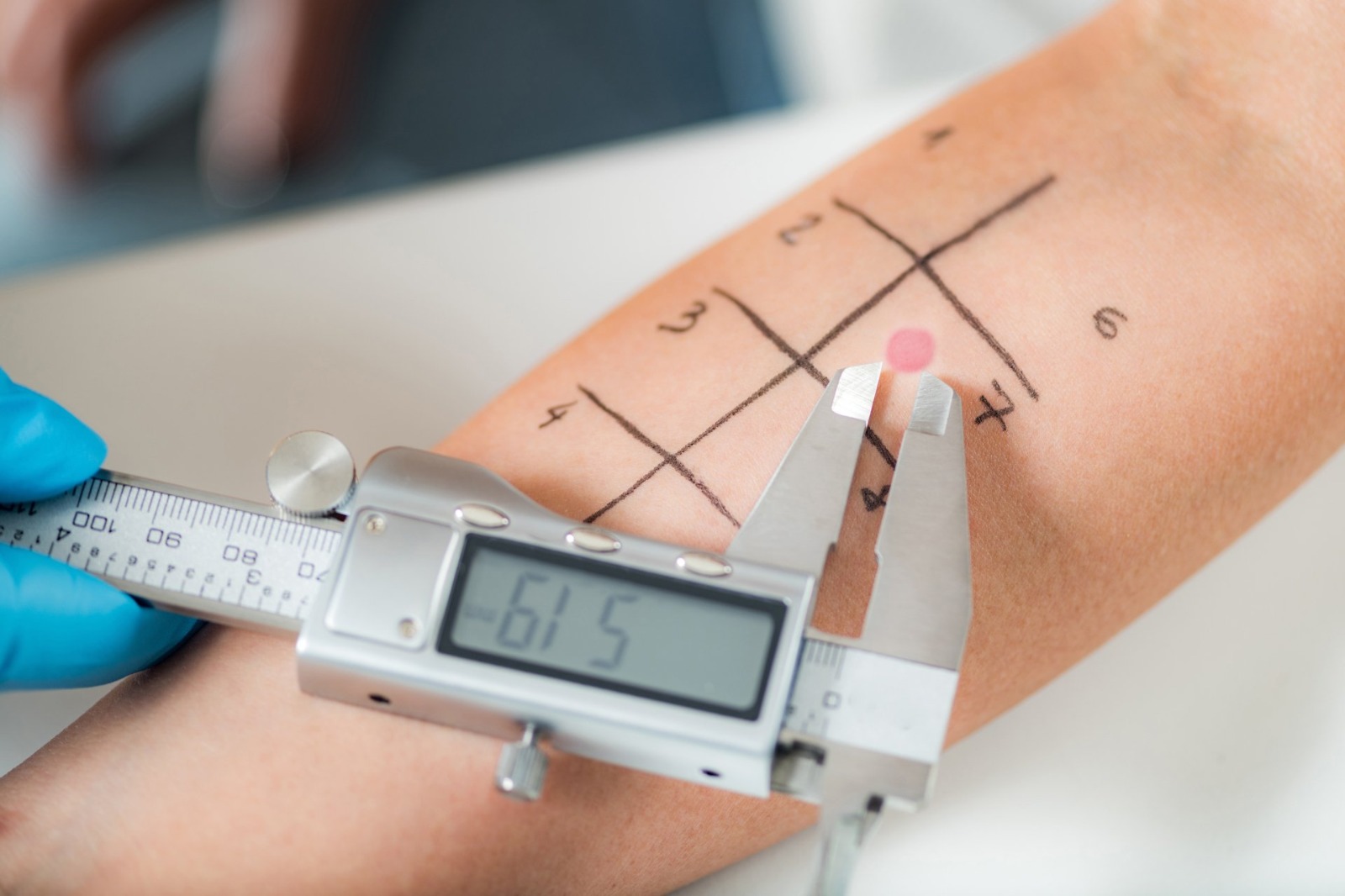Introduction: The Unseen Battles of Critical Care
Pediatric critical care is a field I am deeply passionate about. It’s where I’ve seen the raw resilience of children and the urgent, life-saving efforts needed to keep them safe. Many parents hear the term “critical care” and imagine the worst—hospital beds, machines, and emergency scenarios. But what parents really need is a clear understanding of what critical care involves and how they can support their children through these challenging moments. Over the years, I’ve been privileged to be part of countless stories where swift, expert intervention made all the difference.
The First Test: Little Rishi’s Breathless Emergency
One evening, I received a frantic call about Rishi, a five-year-old who suddenly developed labored breathing. His parents rushed him in, visibly terrified. Upon examination, it was clear he was experiencing severe respiratory distress—an acute asthma attack. That moment was intense. I quickly administered emergency oxygen, nebulization, and corticosteroids. Rishi’s breathing gradually stabilized, but what struck me was the speed at which his condition deteriorated. This case reminded me of the importance of parents recognizing early warning signs—difficulty in breathing, bluish tints around the lips, and fatigue. Prompt action can save lives.
The Power of Timely Intervention
Every child I have treated in critical care situations teaches me a vital lesson: time is the most valuable resource. In pediatric emergencies like sepsis or severe infections, delays can cost lives. I vividly remember a young girl named Anaya, who arrived unconscious with high fever and rapid heartbeat. She was battling sepsis—a life-threatening systemic infection. Our team acted swiftly, initiating aggressive fluid resuscitation, antibiotics, and supportive care. Watching her recover was truly inspiring. It reinforced my core belief: early recognition and immediate intervention are everything.
What Every Parent Should Know: Signs That Need Urgent Care
Every parent’s instinct is to protect their child, but sometimes, recognizing the signs of critical illness is challenging. Anything sudden and severe—persistent high fever, difficulty breathing, unresponsive behavior, seizures, or unexplained bleeding—requires immediate medical attention. Education is key. If your child shows these signs, don’t wait; seek help right away. Early treatment in the critical phase often makes all the difference in survival and long-term outcomes.
Beyond the Emergency: The Role of Critical Care in Recovery
Pediatric critical care isn’t just about emergency management; it’s equally about helping children recover and regain their health after crises. I remember a case of a toddler, Karan, who survived a severe respiratory failure. Post-stabilization, our focus shifted to gentle physiotherapy, nutrition, and emotional support. Critical care facilities give children the chance to heal, but it’s the ongoing, supportive environment that helps them truly bounce back. Supporting both the child and the family during recovery is what I consider my responsibility.
Empowering Parents: Knowing What to Do
Parents are a child’s first line of defense. Educating them about basic emergency responses—like CPR, managing choking, or performing rescue breaths—can be life-saving. I often conduct awareness sessions where I emphasize the importance of not panicking and acting decisively. Your calmness and quick actions can buy your child precious extra moments in a critical situation.
Conclusion: Protecting Our Little Warriors
Every child’s life is precious, and pediatric critical care is at the heart of saving those most vulnerable during their toughest battles. As a doctor, I want every parent to understand that recognizing early warning signs, acting promptly, and trusting medical professionals can make all the difference. We cannot predict emergencies, but we can be prepared. And with love, awareness, and swift action, we can give our children the best chance to survive and thrive—no matter how critical the moment.
Every emergency I’ve managed has reinforced my belief that preparedness and a calm approach can save lives. I urge every parent to learn, stay alert, and never hesitate to seek help when needed. Our children’s safety depends on it.



Add a Comment